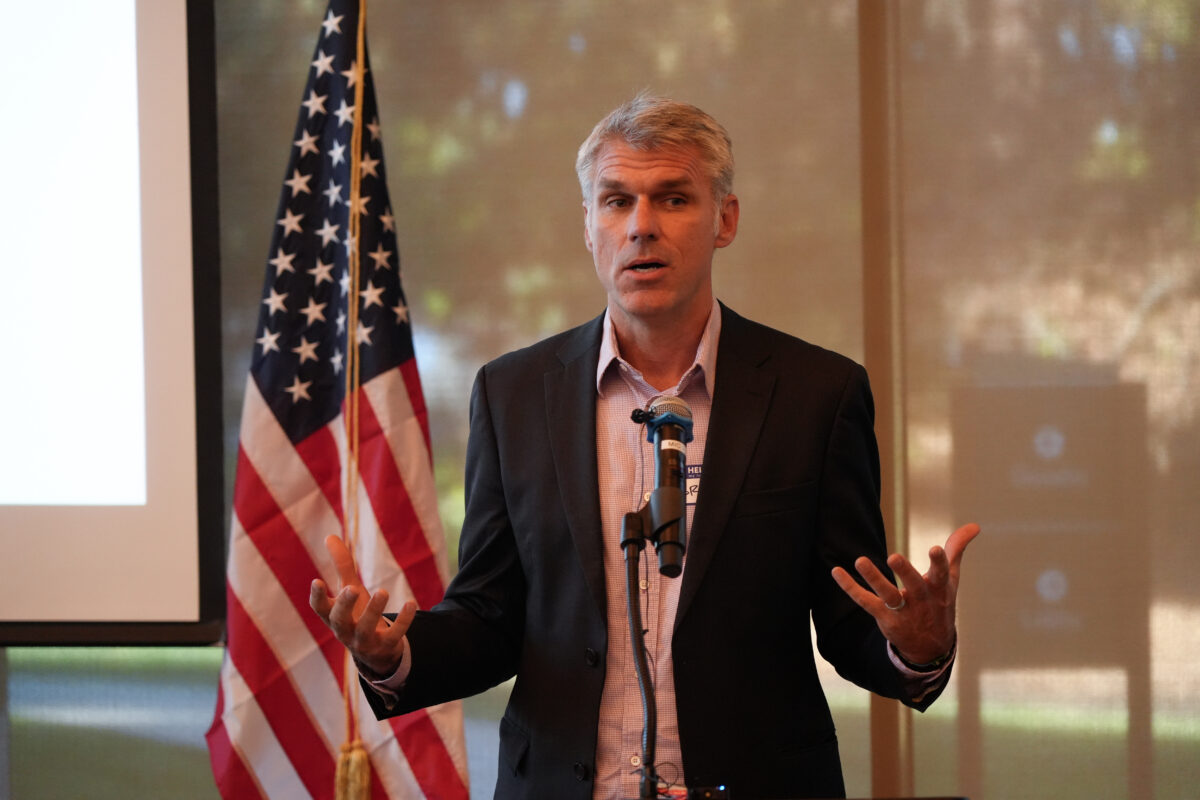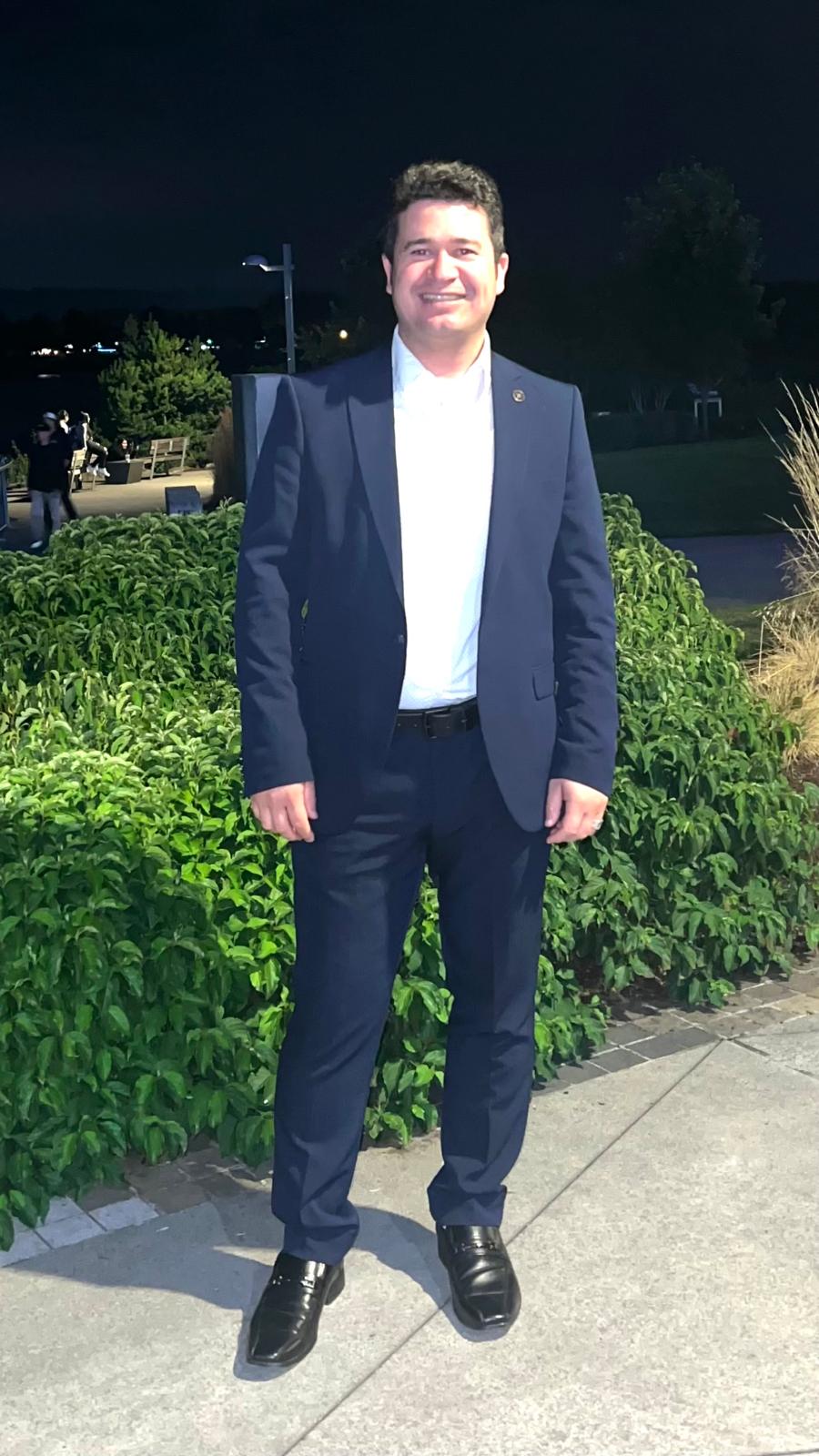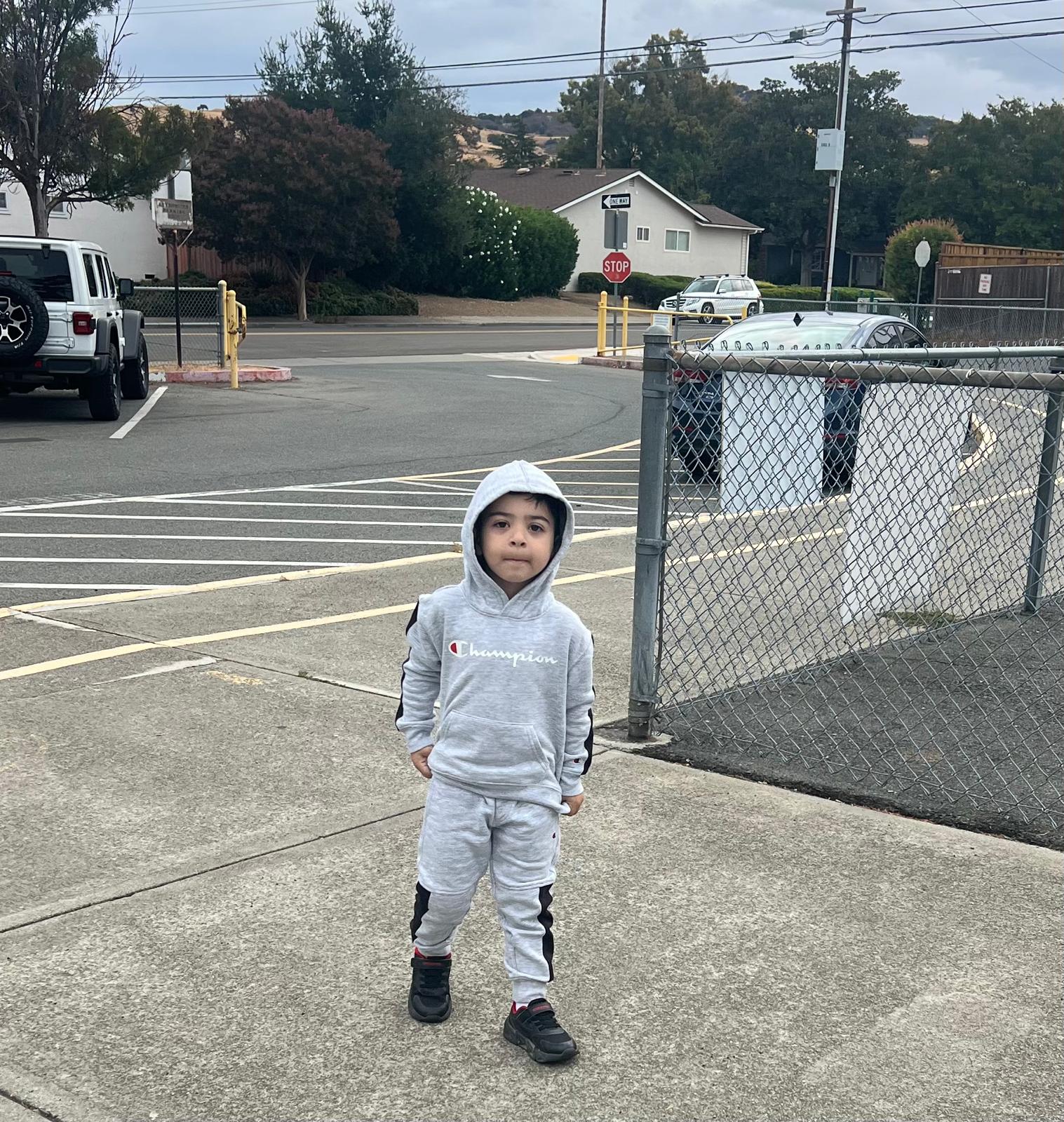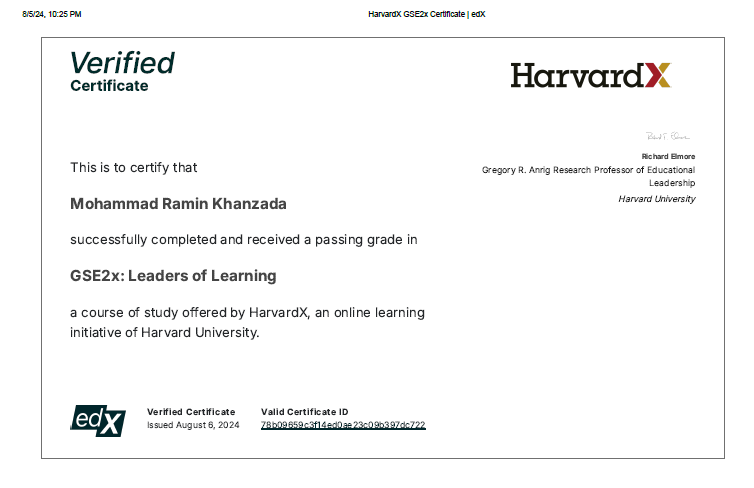While writing and reflecting on my leadership journey, I realized that my understanding of leadership has completely transformed from what it once was. In the past, I believed leadership was about control, organization, and authority. I thought a good leader was someone who could plan, manage, and make people follow directions effectively. However, my personal experiences and the lessons I learned from the Institute for Leadership Development (ILD) reshaped that belief entirely. I now understand that leadership is not built on power or position, it begins with love, empathy, and service.
My growth as a leader was not immediate; it came from challenges, reflection, and the willingness to change. Through my first leadership experience as the I-PACS Program Manager in 2011, I learned that leadership is about people, not positions. It is about caring for others, building trust, and creating an environment where people feel valued and motivated. That realization continues to guide my personal and professional life today, especially in my nonprofit organization, Unity to Serve International.
The Beginning of My Leadership Journey
My leadership story began when I started working on a Civil Society Organizations project funded by USAID through Counterpart International and implemented by CRDSA, a local NGO in Herat province, Afghanistan. It was my first major leadership role, and I was excited to make a difference. The project aimed to strengthen local civil society organizations, and I was responsible for managing a team of seven individuals from different provinces and backgrounds, each with unique perspectives, experiences, and expectations.
At first, I believed that my role as a leader was to set plans, assign tasks, and ensure that everything was done efficiently. I thought professionalism and structure alone would motivate the team. I planned team assignments, created schedules, and pushed for results. But as time passed, I noticed something was missing. My team followed instructions, but there was no enthusiasm or collaboration. Team members were hesitant to share their ideas or voice their opinions during meetings. There was no sense of unity, even though we were working toward the same goals.
This made me question my approach. I began to wonder why my efforts weren’t producing energy or excitement. I had the position and title, but I wasn’t truly leading. That realization was uncomfortable, but it was also the moment that pushed me toward growth.
Rediscovering the True Meaning of Leadership
As I reflected on my challenges, I remembered what I learned at the Institute for Leadership Development. One concept stood out—the theory of servant leadership by Robert K. Greenleaf. This philosophy emphasizes that true leaders serve first. Leadership is not about commanding others, but about supporting and uplifting them. I recalled one of my instructors saying, “When you lift others, you lift the mission.”
I realized that I had been leading from authority rather than authenticity. I focused on tasks and performance instead of relationships and understanding. I expected respect because of my title, not because of my empathy. That insight changed everything.
I began to shift my leadership approach from control to connection. I started asking questions instead of giving commands. I listened carefully to my team members’ ideas and challenges. I made time for personal conversations and expressed genuine appreciation for their efforts. Slowly, I noticed positive changes: the energy improved, people began smiling during meetings, and collaboration started to happen naturally.
The transformation was not instant, but it was meaningful. My team began to trust me, and I learned to trust them. We went from simply working together to truly believing in one another. That experience showed me that when people feel seen, heard, and valued, they bring their best selves to the table. Love and empathy, I discovered, are not soft traits—they are the foundation of strong leadership.
Lessons Learned Through Experience
This leadership experience became one of the most powerful lessons of my career. It taught me that leadership is about service, not superiority. Love in leadership means showing kindness, understanding, and respect even when facing challenges. It means recognizing that people are not just workers, they are individuals with dreams, emotions, and stories.
A key strategy that helped me grow as a leader was reflection. Just as a writer revise to improve clarity and purpose, a leader must reflect, analyze, and adjust. The results of this self-awareness were visible in my team’s improved morale, communication, and outcomes.
Another lesson I learned was humility. To lead with love, one must have the courage to admit mistakes and the openness to learn from others. I learned that being a leader does not mean having all the answers; it means creating a space where everyone can contribute their strengths.
Growth and Transformation Through Co-Serve International
My understanding of servant leadership deepened further through my participation in the 2024 Oregon Servant Leadership Academy, a transformative 17-day program organized by Co-Serve International. This program brought together participants from Kazakhstan, Nigeria, Ukraine, and Afghanistan to explore leadership through empathy, integrity, and self-awareness.
Throughout the course, I met extraordinary individuals whose actions reflected their words. Their examples demonstrated that servant leadership is not merely a management approach but a way of living and serving others. I learned the art of intentional listening and the value of embracing others’ needs with a non-judgmental attitude.
We studied servant leadership principles and observed their real-world application during visits to organizations that had successfully practiced these values for decades. These visits offered practical insights into how compassion, humility, and purpose create thriving workplace cultures.
We also engaged in deep self-reflection through activities like developing our Talent Shields, identifying our strengths, and understanding how our personalities—symbolized by elements like earth, fire, water, and wind, shape our leadership styles.
The Co-Serve program also emphasized love and hope as guiding principles of leadership. Love represents genuine care for others, while hope inspires belief in positive change and the potential for growth. These two values now form the heart of my leadership approach, reminding me to nurture trust, empower others, and foster optimism even in times of challenge.
Application in My Nonprofit Work
Today, as the founder of Unity to Serve International, I strive to embody the principles of servant leadership that I learned through ILD and Co-Serve International. Our mission is to empower communities through compassion and service and reflects the same belief that leadership begins with love. I lead my team with empathy, ensuring that each person feels valued and heard. This culture of trust and collaboration has become our organization’s strength.
Every new initiative begins with the question, “How can I serve my team and community better?” This mindset has guided successful youth programs, refugee support efforts, and community-building activities. I have learned that when leaders focus on serving others, success naturally follows.
Looking Toward the Future
My leadership journey is far from over. I continue to practice empathy, listening, and humility in every area of life. In the future, I hope to bring servant leadership education to schools and youth programs, so that young people learn early that leadership is not about control, it is about care.
Leadership is an ongoing process of growth. Every challenge brings a new lesson. I now understand that mistakes are not failures, they are opportunities to grow stronger and wiser.
Conclusion
Looking back at my journey from uncertainty to understanding, I have realized that leadership is not about being in charge, it is about caring for those in your charge. It begins not with strategy but with sincerity. It grows not from authority but from empathy.
When I embraced servant leadership, I discovered that love is not just an emotion, it is an action. It is expressed through listening, patience, kindness, and respect. Leading with love transforms not only teams but entire communities.
The most powerful lesson I have learned is simple yet profound: leadership begins with love because love builds trust, trust builds teams, and teams built on love can truly change the world.




